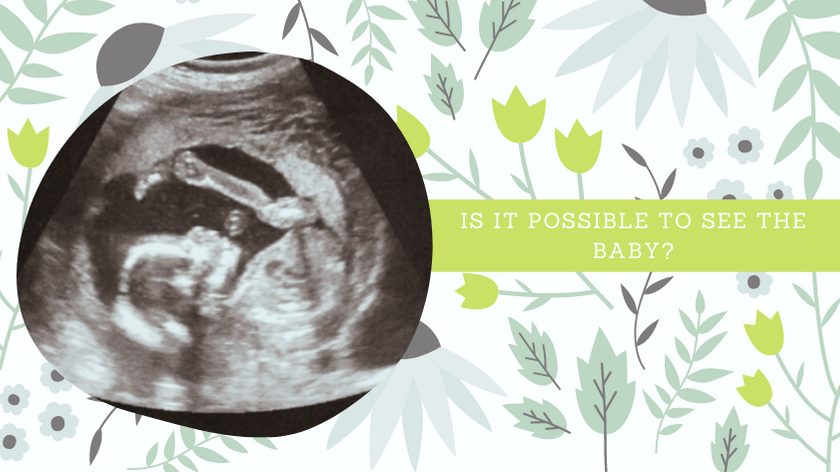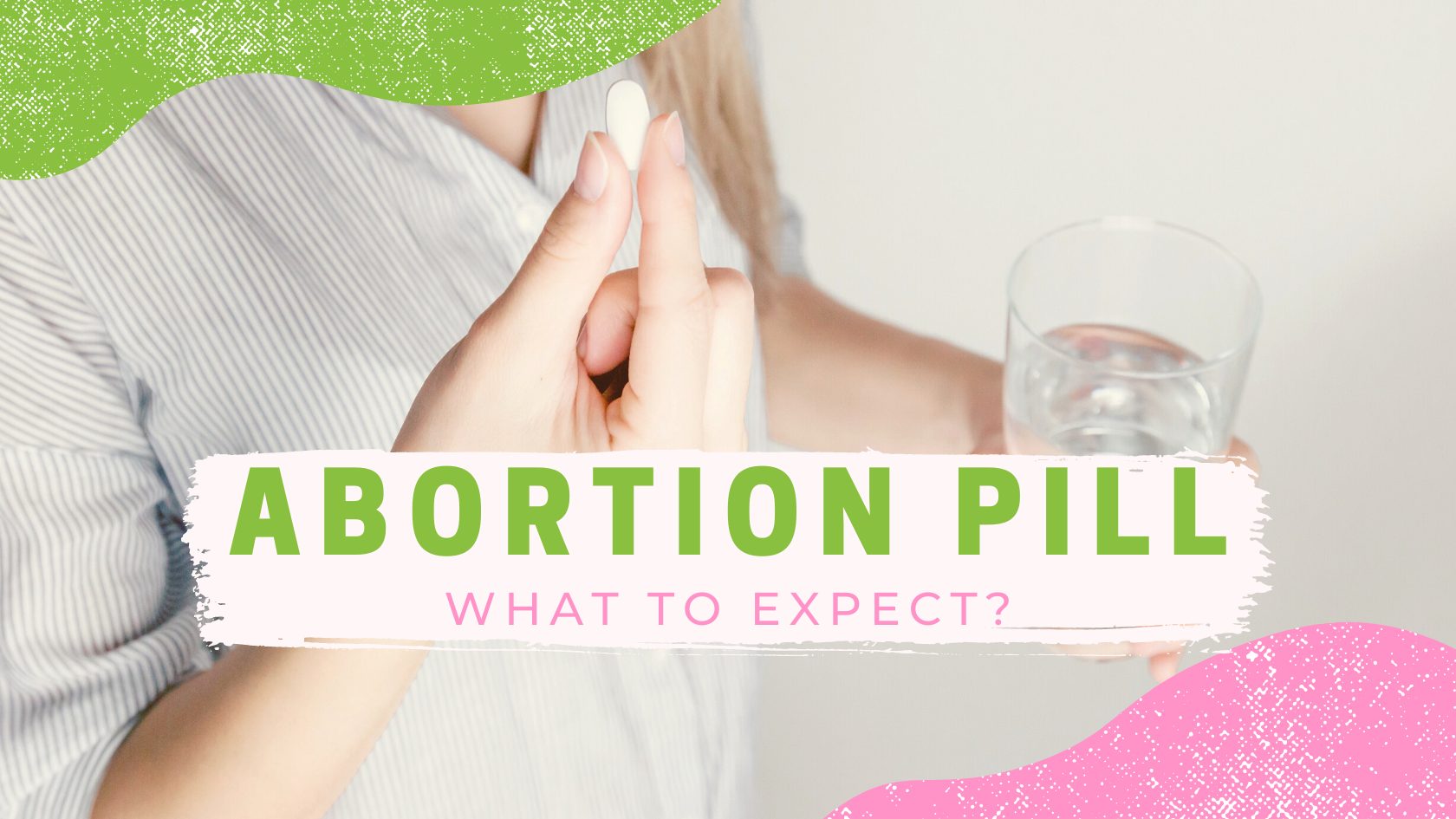Abortion Pill: What to Expect?
Need help now? Call 1-877-558-0333
In a previous blog post, we talked about how the abortion pill (or medication abortion, also referred to as RU-486) works. This new installment of our abortion pill blog series will discuss what you should expect from taking the abortion pill. Does it hurt? How long does the process take? What are the potential side effects? Will you see the baby? Maybe you are planning to take the abortion pill soon, or perhaps you have started the process already, and you are wondering what is about to happen. Many women assume that the abortion pill is a more natural and less painful method of abortion than the in-clinic surgical option. But is it true? Our goal at Lifeline is to keep you informed, as well as to ensure your safety and well-being. So keep reading to learn more.

Recap: What is the abortion pill?
First and foremost, let’s retake a look at what the abortion pill is. Its name is tricky, as it, in fact, consists of two sets of drugs, called mifepristone and misoprostol. The first pill, mifepristone, blocks the natural progesterone that is produced by the body. Progesterone is necessary for the developing baby to stay attached to the lining of the uterus. The woman then takes misoprostol either orally or vaginally to provoke contractions and expel the embryo. It is important to note that experts strongly advise against using the abortion pill past the 70 days (10 weeks) of pregnancy (counted from the first day of the last menstrual period) to avoid severe complications for the mother. The American College of Obstetricians and Gynecologists (ACOG) also states that “before medication abortion is performed, the clinician should confirm pregnancy and estimate gestational age.” Lifeline provides pregnancy confirmation at no cost through lab-quality pregnancy testing and ultrasound. Lifeline’s staff registered nurses are certified to perform limited obstetrical ultrasounds. You may contact us and receive an appointment as early as today (during the weekdays, Monday through Thursday).

What are the expected symptoms of the abortion pill?
In terms of symptoms, medication abortion has been compared to a miscarriage, which can be very painful. Cramping and bleeding (including passing large blood clots) are the two main effects a woman should expect. These symptoms usually happen after taking the second pill: misoprostol. For some women, the pain may not be much worse than a heavy period, but for others, it may be unbearable (even after taking the recommended nonsteroidal anti-inflammatory drugs).
According to ACOG, “the most severe pain occurs approximately 2.5 – 4 hours after misoprostol use and lasts about 1 hour”. But keep in mind that everyone is different and that nobody can predict what each woman will experience.
In addition to cramping and bleeding, women need to be aware of the many other side effects of the abortion pill. These typically arise in the first two days of taking the two pills and include:
- Nausea
- Weakness
- Fever/chills
- Vomiting
- Headache
- Diarrhea
- Dizziness
Some women can go back to work a couple of days after taking the abortion pill, but others experience symptoms for weeks.

What are the potential severe side effects?
Taking the abortion pill is not without risks. Despite it being considered “safe”, many women experience:
- Very heavy and/or prolonged bleeding (which can last several weeks)
- Incomplete abortions
- Infections
As of December 31, 2018, the FDA has reported 24 deaths of women associated with mifepristone use (the first abortion pill in the medication abortion regimen.) Apart from death, the FDA recorded over 100 cases of infections and 274 cases of hospitalization. Infection can be caused by an incomplete abortion or because of a misdiagnosed ectopic pregnancy. Incomplete abortion is when some parts of the developing baby are retained inside the uterus. As for ectopic pregnancy, this is when the embryo implants outside of the uterus. You may read more about it here. Both cases are medical emergencies that need to be addressed quickly to avoid sepsis and, potentially, the woman’s death. Certain women are given another dose of misoprostol to help pass the rest of the embryo, while others need to undergo an in-clinic surgical abortion.
A few cases of anaphylactic shock have also been reported after the use of the second abortion pill; misoprostol. This severe allergic reaction needs immediate medical intervention. Lastly, each woman who plans to have an abortion needs to be aware that it may cause future infertility if she has Rh-negative blood and doesn’t receive a RhoGAM injection.

When to contact a doctor?
Heavy bleeding can be life-threatening. Therefore, if a woman soaks more than two maxi pads per hour for 2 hours in a row, she should seek immediate medical attention. Additionally, some symptoms may indicate an infection. These are:
- Nausea, vomiting;
- Or diarrhea and weakness, with or without abdominal pain,
Even when the woman doesn’t have a fever, it is wise for her to call a doctor to make sure that she is safe.

Is it possible to see the baby during a medication abortion?
It depends on how far along the woman is in her pregnancy. By the end of 8 weeks, the embryo becomes a fetus, and all of the organs (including the arms and legs) are present, though not fully developed yet (you can read more on fetal development during the first trimester here). Because of this, some women see the developing baby after they expel it from their bodies. The sight may be very distressing for many women, especially when they have no one around to support them emotionally.
Considering a medication abortion?
You will first need to confirm that you are indeed pregnant. By making an appointment at Lifeline, you will receive a pregnancy test as well as an ultrasound, both at no cost. If our medical team confirms that you are pregnant, you will have the opportunity to discuss your options and assess your needs with a professional.
What if you have taken the first abortion pill already and are having regrets? It may be possible to reverse it. We provide abortion pill reversals that may help your body counteract the effect of mifepristone and allow you to continue your pregnancy. Read more about it here.
Lifeline does not perform or refer for abortion.
Sources:
https://www.fda.gov/media/112118/download
https://www.ncbi.nlm.nih.gov/pmc/articles/PMC6137020/
https://www.verywellfamily.com/i-had-a-miscarriage-do-i-need-a-rhogam-shot-2371402
Note: Abortion is illegal to perform in Missouri and may only be performed in the case of saving the life of the mother. This does not constitute medical or legal advice. Consult your doctor or legal counsel to confirm information.

